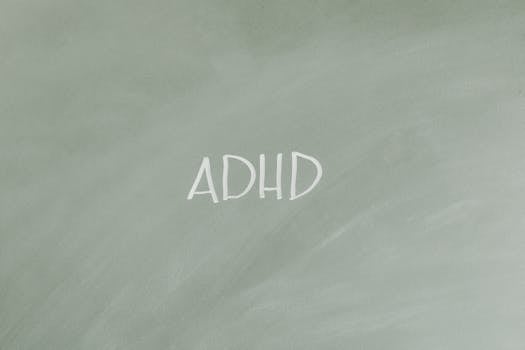
Understanding Schizophrenia: Symptoms, Diagnosis, and Treatment
Schizophrenia is a chronic and severe mental illness affecting a person's ability to think, feel, and behave clearly. It's a complex condition with a significant impact on an individual's life and the lives of their families and loved ones. Understanding its symptoms, diagnosis, and available treatments is crucial for effective management and support.
Symptoms of Schizophrenia:
Schizophrenia manifests differently in individuals, but symptoms generally fall into three categories: positive, negative, and cognitive.
- Positive symptoms: These are additions to normal behavior and thought processes. They include:
- Hallucinations: Experiencing sensory perceptions that aren't real, most commonly auditory (hearing voices) but can also be visual, tactile, olfactory, or gustatory.
- Delusions: Fixed, false beliefs that are not based in reality. These can range from persecutory delusions (believing others are out to harm them) to grandiose delusions (believing they have exceptional abilities or importance).
- Disorganized thinking and speech: Difficulty organizing thoughts and expressing them coherently, leading to rambling or incoherent speech.
- Disorganized or abnormal motor behavior: This can range from unpredictable agitation to catatonia (a state of immobility and unresponsiveness).
- Negative symptoms: These are a reduction or absence of normal behaviors and functions. They include:
- Flat affect: Reduced expression of emotions, appearing emotionally unresponsive.
- Avolition: Lack of motivation and initiative.
- Alogia: Reduced speech output.
- Anhedonia: Inability to experience pleasure.
- Asociality: Withdrawal from social interactions.
- Cognitive symptoms: These affect a person's ability to think clearly and function effectively. They include:
- Difficulty with attention and concentration: Problems focusing and maintaining attention.
- Problems with memory: Difficulty with both short-term and long-term memory.
- Impaired executive functioning: Difficulties with planning, problem-solving, and decision-making.
- Slowed processing speed: Taking longer to respond to stimuli and process information.
- Medication: Antipsychotic medications are the cornerstone of treatment. These medications help reduce positive symptoms like hallucinations and delusions. Different types of antipsychotics are available, and the choice depends on individual needs and response to treatment.
- Psychotherapy: Various forms of psychotherapy can be beneficial. Cognitive behavioral therapy (CBT) helps individuals identify and change negative thought patterns and behaviors. Social skills training improves social interaction and communication skills. Family therapy can support families in coping with the challenges of living with someone with schizophrenia.
- Other therapies: Other therapies may be included in the treatment plan, such as occupational therapy to help individuals develop daily living skills, and supported employment programs to assist with finding and maintaining employment.
Diagnosis of Schizophrenia:
Diagnosing schizophrenia requires a comprehensive evaluation by a mental health professional. There's no single test to diagnose the condition; diagnosis relies on a thorough assessment of symptoms, medical history, and ruling out other possible conditions. The diagnostic criteria generally involve experiencing at least two of the positive, negative, or cognitive symptoms for a significant period, along with a substantial decline in social or occupational functioning. The DSM-5 (Diagnostic and Statistical Manual of Mental Disorders, 5th Edition) provides the standard criteria for diagnosis.
Treatment of Schizophrenia:
Treatment for schizophrenia is typically lifelong and involves a combination of approaches:
Living with Schizophrenia:
Living with schizophrenia can be challenging, but with appropriate treatment and support, individuals can lead fulfilling lives. Early intervention and consistent treatment are crucial for improving outcomes. Support groups and advocacy organizations can provide valuable resources and connections for individuals and their families. It's also important to address stigma associated with mental illness, promoting understanding and acceptance within communities.

